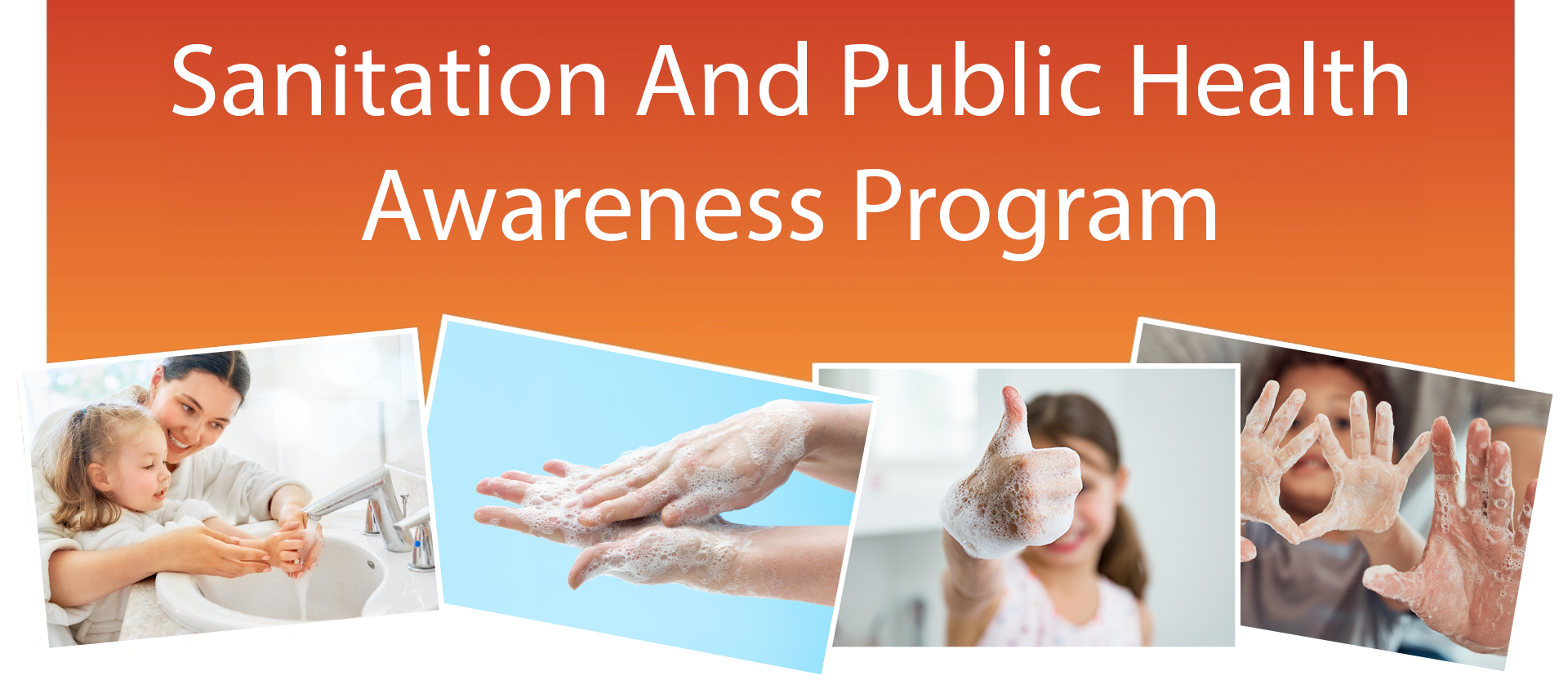
References
Curtis, V., Danquah, L., & Aunger, R. (2009). Planned, unplanned and human-centric hygiene behaviour: Lessons from a study of handwashing in Ghana. Health Policy and Planning, 24(4), 223-229. https://doi.org/10.1093/heapol/czp006
World Health Organization. (2020). Partnerships for Health: Strategies for Effective Collaboration. WHO.
